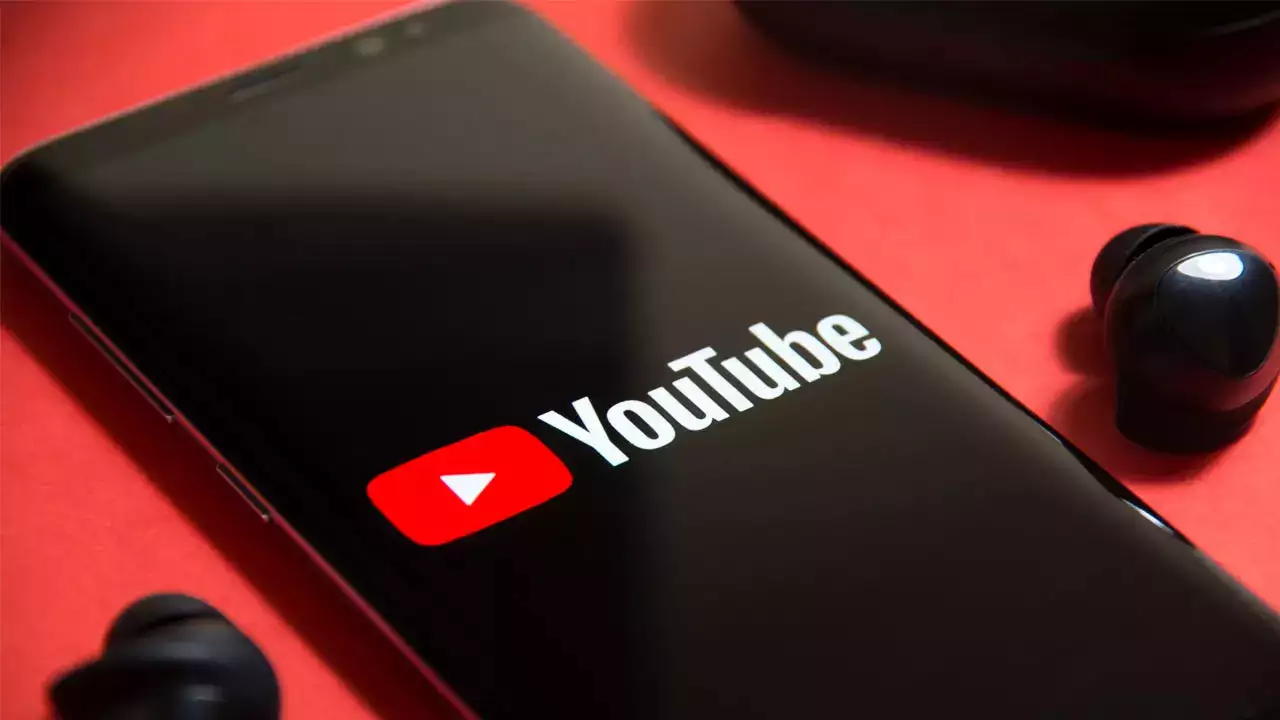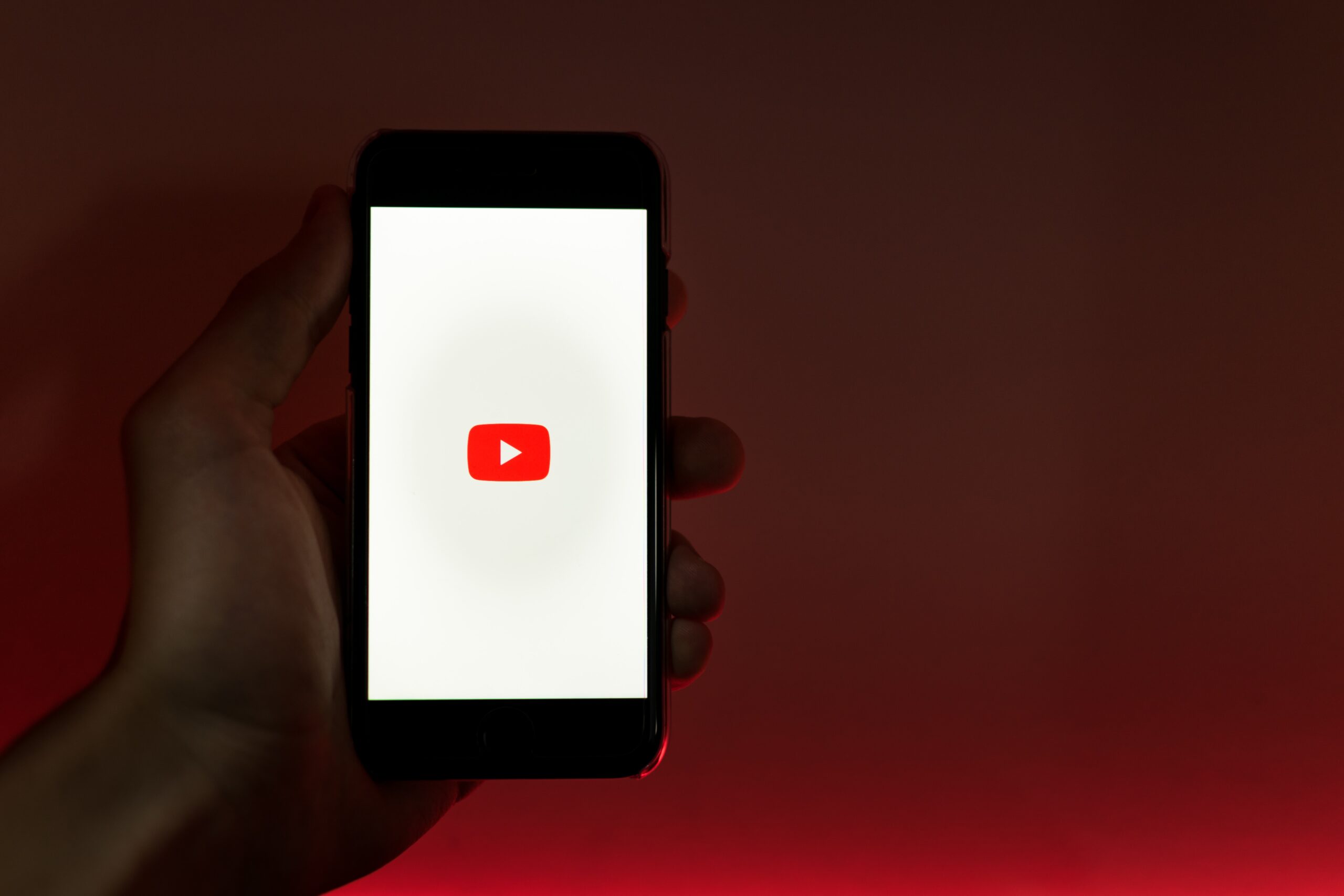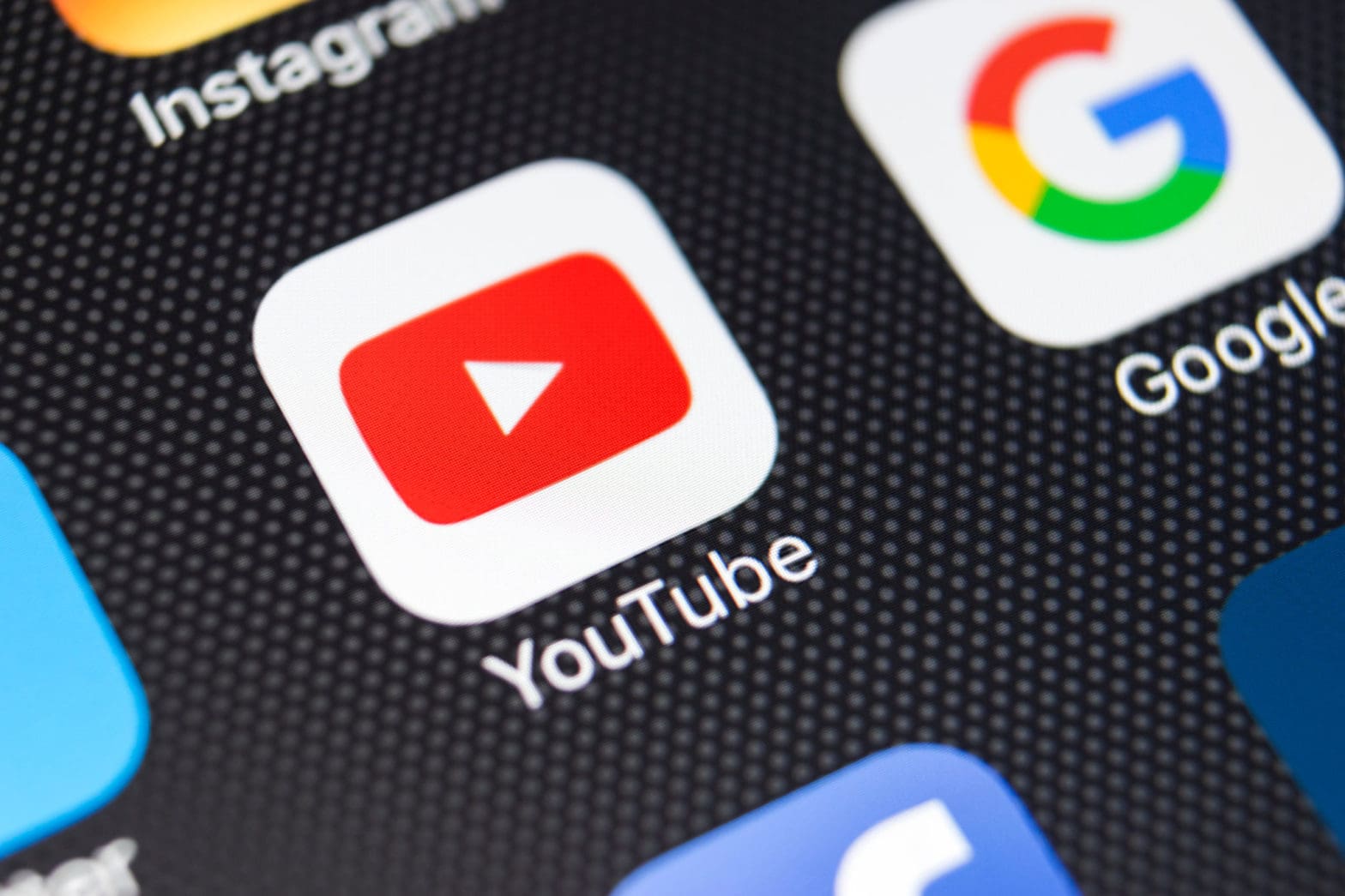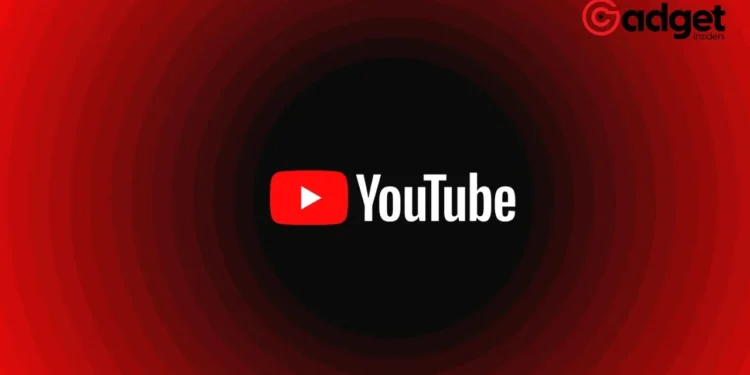In a move that has both intrigued and unsettled the digital community, YouTube has recently altered its approach to video recommendations, fundamentally changing how users engage with content when not signed into their Google account. This strategic pivot, subtly shifting the dynamics of digital consumption, marks a significant departure from the platform’s previous modus operandi.
The Shift in Strategy
Traditionally, YouTube, a video-sharing titan, has thrived on its ability to tailor recommendations, offering users a personalized experience based on their viewing history and preferences.
This custom curation has been a cornerstone of YouTube’s engagement strategy, keeping users hooked with a continuous stream of content aligned with their interests.

However, a recent development has seen YouTube ceasing to offer recommended videos to users who are logged out or in Incognito mode.
Where once a mosaic of suggestions awaited the unauthenticated or privacy-conscious user, now stands a barren digital landscape, urging them to “Get Started” and “Start watching videos to help us build a feed of videos you’ll love.”
User Reactions and Concerns
The response from the YouTube community has been mixed, with a significant portion expressing concerns over what they perceive as a nudge towards constant connectivity. Critics argue that this change could be seen as an attempt to diminish user anonymity and privacy, pushing individuals towards a perpetual state of being signed in to track their preferences more closely.

BleepingComputer, a leading voice in tech news, conducted multiple tests across different devices, confirming that the once vibrant suggestions page now remains blank for users who prefer not to log in. This finding underscores a growing trend in digital platforms—prioritizing personalized experiences at the potential cost of user privacy.
The Underlying Implications
This strategic shift by YouTube raises several questions about the future of digital content consumption. On one hand, it underscores the importance of personalized content in enhancing user engagement and satisfaction. On the other, it highlights the delicate balance between personalization and privacy, a debate that continues to rage in the digital era.
YouTube Stops Recommending Videos When Signed Out of Google https://t.co/K5t4XeY9eL
— Slashdot Media (@SlashdotMedia) March 12, 2024
Critics on platforms such as X (formerly Twitter) have voiced their concerns, suggesting that YouTube’s move might be too pushy, encouraging users to relinquish more of their privacy by keeping their history settings active.
As of this writing, Google has yet to respond to inquiries about this update, leaving the community speculating about the motivations behind this change. Is it a strategic step towards a more personalized, engaged user base, or a misstep in balancing user privacy with corporate objectives?
YouTube: A New Chapter for YouTube?
As YouTube navigates this controversial change, the broader implications for digital privacy and user engagement are yet to be fully understood. This development could mark a pivotal moment in how content platforms balance the twin imperatives of personalization and privacy.

In the digital age, where user data is as valuable as currency, platforms like YouTube must tread carefully, ensuring they do not alienate their user base in the pursuit of personalized engagement. The coming months will likely reveal whether this new approach will lead to a more engaged audience or if it will prompt users to seek out alternatives that respect their desire for privacy without compromising on content discovery.










